ImmuneWatch DETECT reveals a potential viral trigger for lung transplant failure
Researchers from the University of Pittsburgh have applied ImmuneWatch DETECT to gain new insights into the causes of chronic lung allograft dysfunction (CLAD), a major complication following lung transplantation. Unable to perform traditional lab tests to determine what the T cells in rejected lungs were targeting, the team used our machine-learning platform and database to analyse T cell receptor (TCR) sequencing data from patients. This allowed them to estimate the epitope specificity of the T cells that accumulate in the transplanted lungs and draining lymph nodes of CLAD patients
The analysis with ImmuneWatch DETECT revealed a new finding: the T cell population in CLAD patients was overwhelmingly dominated by T cells specific to cytomegalovirus (CMV) and Epstein-Barr virus (EBV), which together comprised 85% of the mapped T cell repertoire. This was significantly different from control groups, where T cells targeting these viruses were much less frequent. Based on the findings, the accumulation of tissue-resident memory T cells (TRMs) in the lungs and hilar lymph nodes (HLNs) of CLAD patients seems to be connected to herpesvirus responses. Prior research has established that T cells specifically targeting the Epstein-Barr virus (EBV) are capable of cross-reacting with the transplanted graft, which results in an alloreactive response. Nevertheless, it is still uncertain whether this specific T cell population is only responsive to herpesviruses or if it also plays a role in a heterologous immune response.
Source:
Moghbeli K, Lipp MA, Bueno M, Craig A, Rojas M, Abbas M, Lakkis ZI, Chuan B, Sembrat J, Noda K, Kass DJ, Chen K, Fan L, Oury T, Zhou Z, Wang X, McDyer JF, Eickelberg O, Snyder ME. NKG2D blockade impairs tissue-resident memory T cell accumulation and reduces chronic lung allograft dysfunction. JCI Insight. 2025 Feb 24;10(4):e184048. doi: 10.1172/jci.insight.184048. PMID: 39989456; PMCID: PMC11949055.
Stay up to date
Subscribe to our newsletter to receive useful tips and information.






